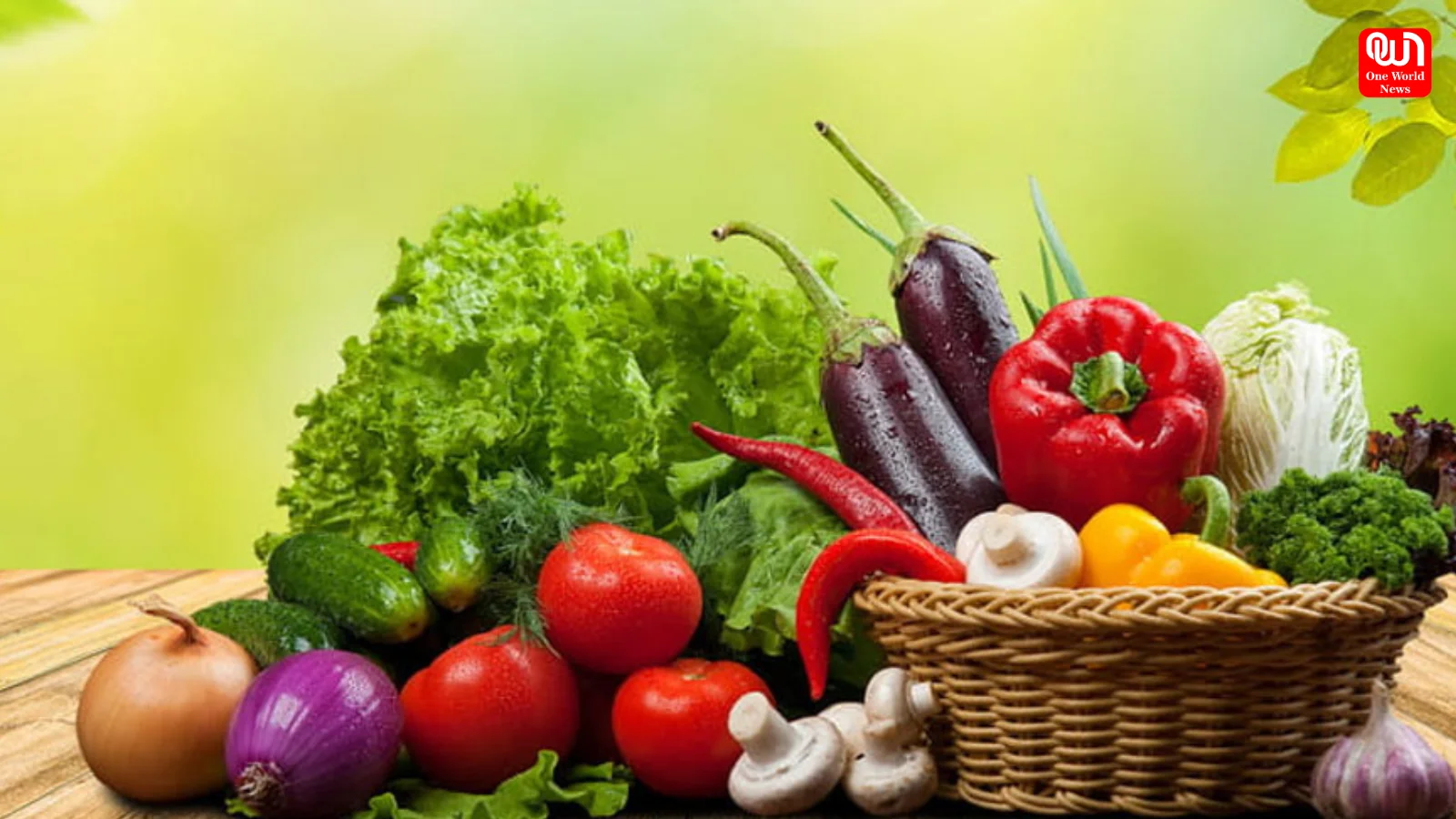Is Organic Food Really Healthier or Just a Pricey Scam? Unpacking the Myths and Realities of Organic Eating.
Explore whether organic food is truly healthier or just an expensive trend, weighing its benefits against conventional options.
Is Organic Food Really Healthier or Just a Pricey Scam? Exploring the Truth Behind Organic Produce and Its Health Benefits

Organic food has been gaining popularity over the years, and it is always portrayed as healthier than the regular products. The consumers are attracted by the colorful labels that claim to have used natural ingredients and that the product is environmentally friendly. The question is still whether organic food is healthy or a pricey marketing gimmick. Let’s dive into the reality surrounding organic food and its health benefits.
What is Organic Food?
Organic food is produced without synthetic fertilizers, pesticides, GMOs, and artificial preservatives. Natural farming focuses on the intention of increasing biodiversity, good health of the soil, and minimizing pollution in the environment. Traditional farming uses chemicals that may cause unhealthy health and environmental effects.

The USDA provides a definition to organic farming practices, and products that carry the USDA Organic seal must meet certain criteria; this adds a layer of trust for consumers. However, most people raise their question concerning whether the extra cost of organic food is worth it in terms of health benefits.
read more: Choti Diwali 2024: Date, Shubh Muhurat, Puja Vidhi, and Narakasura’s Story
Nutritional Differences: The Debate
One of the most important reasons for organic food is that it is said to have higher nutritional quality. Some studies have shown that organic produce contains more amounts of certain antioxidants and vitamins than conventionally grown crops. A 2014 study in the British Journal of Nutrition found that organic crops generally had higher antioxidant content, which has been associated with several health benefits, including reduced chronic disease risk.

Other studies argue otherwise. Stanford University conducted a very comprehensive study and found that there is not much of a nutritional difference between organic and conventionally grown foods. According to them, their research showed that the actual nutritional difference between organic and conventional foods was very small; organic foods would just minimize exposure to pesticide residues.
Pesticide Exposure and Health Risks
Probably, the most significant reason consumers turn to organic food is because of pesticide exposure. Chemical residues from conventional farming are left on produce-its presence can be a health hazard. Though the FDA regulates and monitors pesticide levels in food, these consumers avoid synthetic chemicals.
Organic food tends to have less pesticide residue. However, this does not mean that they are free from chemicals. Organic farming makes use of natural pesticides that, though hazardous, are much safer than synthetic pesticides.

Read More: Lahore Faces Severe Pollution Crisis with AQI of 1,900: Government Takes Urgent Measures
Environmental Impact
Apart from human health, environmental issues related to food production dominate the organic debate. Organic farming is particularly a sustainable alternative because it promotes soil health and biodiversity. Organic farming without synthetic chemicals might mean less pollution and a reduced carbon footprint.
Organic farming does not come without its negative impacts on the environment. For instance, it produces fewer yields per acre compared to the conventional systems. More land is usually required to be cultivated as a result of this; therefore, questions arise in terms of whether organic methods are sustainable at a greater scale.

Conclusion: Is Organic Worth It?
The decision to buy, however, is one of personal values and priorities. Organic food has some health and environmental benefits, though the extent of these advantages varies to great degrees. Those interested in avoiding pesticide exposure or promoting sustainable agriculture practices may well find the higher price worthwhile.
In case an objective is to get the most nutrition, organic and conventional foods would both work. Decisions should be made by the consumer with considerations for their value preferences, budget, and what works best for them in regards to their health goals. It depends more on personal opinion of what’s an intelligent investment versus a high price scam and less on objective reality regarding organic food.
We’re now on WhatsApp. Click to join.
Like this post?
Register at One World News to never miss out on videos, celeb interviews, and best reads.








